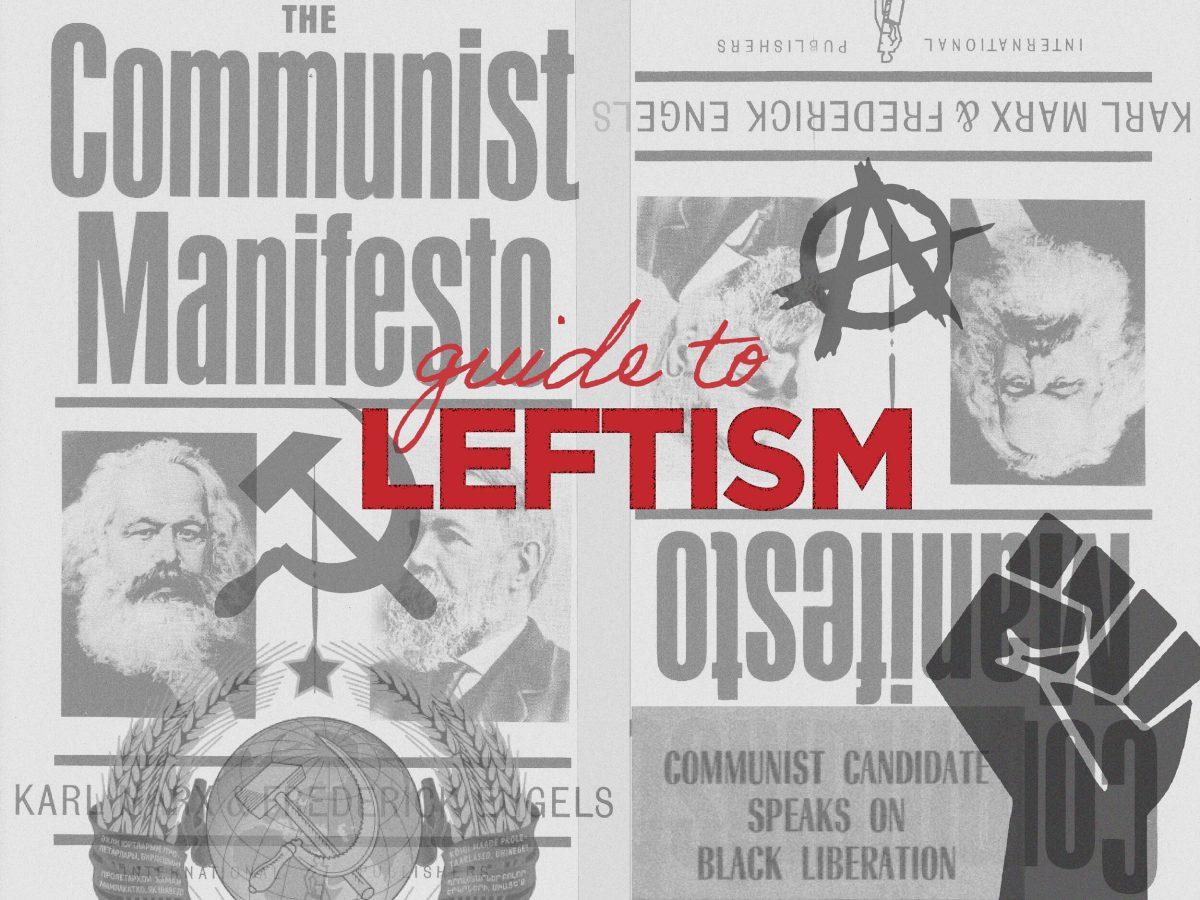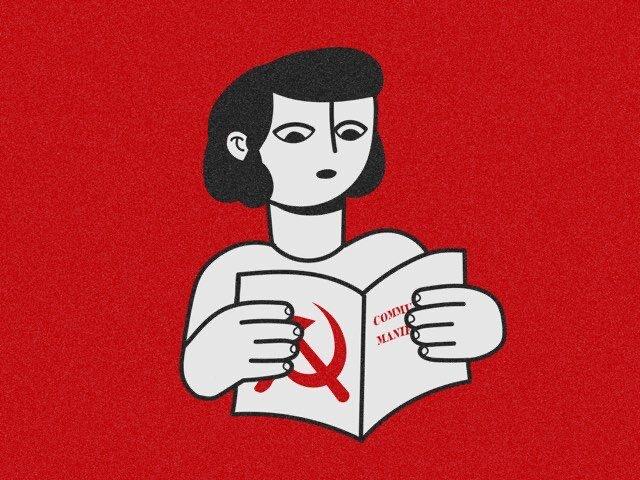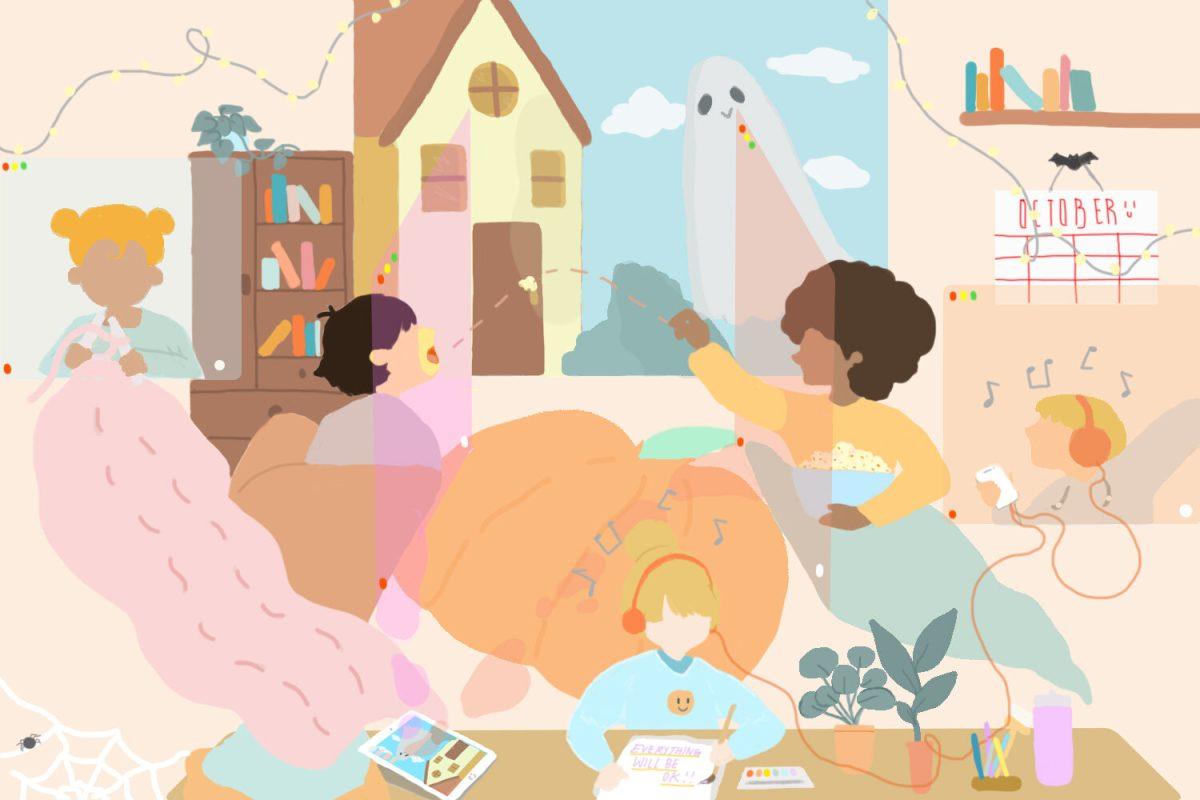Story by Jill Risberg // @jillrisberg_ // she/her
Graphic by Vildan Karaca // @vzkrc // she/they
It’s June of 2020. In one of the most significant social justice movements of our time, the systemic oppression of Black Americans is being protested. You know this embedded racism isn’t new. Every source you read reminds you it’s not new, but this is the first time you’ve sat down and given your privilege and position some serious reflection. You want to do more than simply cast a vote; you want to donate, listen to activists, and define your role as an ally.
The months between June and November are a whirlwind; the pandemic, election, and lingering protests bring politics to your daily attention. You reconcile with the fact that your identity is political. Maybe this is the first presidential election you can vote in. Maybe you’re not happy that a candidate as moderate as Joe Biden will be getting your vote, but you recognize this might be the only way to ensure lies, hatred, and fear won’t control the next four years.
Somewhere during these months, you stopped calling yourself a liberal and started calling yourself a leftist. Or at least I did.
My 2020 involved, among many things, a political awakening and realignment that could be considered late-blooming. However, I am confident I am not alone. As the summer passed, I saw friends start critiquing infographics instead of posting them. I witnessed to-read and to-watch lists become increasingly diversified, and I noticed Gen Z politics resurrecting terminology that I had last heard in high school history classes.
The modern rejection of liberalism is a prominent political movement that has built momentum from both the left and the right for the last five decades. However, when I think about liberalism’s downfall, I don’t think about a complex political philosophy or shifting tenets of belief. I think about my Instagram explore page, my Tik Tok feed, and my conversations with friends. I think about academic terminology leaving the classroom and entering the vernacular of everyday people and I think about the momentum of an entire generation equipped with the basic tools to combat injustice.
One of the terms that has made the leap into everyday vernacular is neoliberalism–a label for the hypocritical liberal practice of sanctioning capitalism—a product of both imperialism and colonialism–as untouchably democratic.
Moreover, it nods to the practice of excluding companies and financial institutions from collective self-determination. As VOX journalist Zack Beauchamp explains in his article on the anti-liberal movement, “the heads of Amazon and Facebook [can make] decisions that have implications for the entire economy…capitalists are free from democratic constraint.”
Despite this context, my first encounter with the term neoliberal was not in an economic setting but rather in critical response to the posting of infographics on Instagram. As Rachel Hawley explains in her article, “The Lazy Liberalism of Instagram Slideshows,” the infographics that began to proliferate around the Black Lives Matter movement “provided an endless source of material with which to interact on these subjects while rarely pushing beyond the political boundaries of the liberal worldview.”
While the term neoliberal points traditionally to institutional hypocrisy, Hawley’s observation suggests the word was being refashioned to criticize individual hypocrisy—marked by the actionless posting of infographics in a shallow attempt to reform systemic issues.
With labels like liberal and neoliberal serving as signifiers of inaction and posturing, there became the need for new terminology to define the political left, bringing rise to the more common usage of labels ‘leftist’ and ‘Marxist.’ These terms call for not only the acknowledgment of systemic inequities but also real-world action, and reinvention. They point out that we must radically change if we want liberal tenants such as democracy, equity, and individual freedom to ever be achieved.
The movement from liberal to leftist is undoubtedly happening on a national political scale as marked by the popularity of democratic-socialist candidates like Sen. Bernie Sanders and Rep. Alexandria Ocasio-Cortez. However, it was not CNN or NPR that helped these terms gain traction amongst Gen Z. It was social media outlets like Twitter, Instagram, and TikTok.
Looking at TikTok specifically, with over 2.6 billion views under the hashtag ‘leftist’ and 1.1 billion views under the hashtag ‘socialism,’ the app has provided Gen Z with the fundamentals needed to have informed political discussion and debate–or at least words and ideas to independently research. Moreover, by disseminating information and showcasing diverse voices, the app has helped propel an ideological shift that includes intersectionality and political action beyond voting in its discussion.
However, as much as I admire the accessibility and popularity of TikTok politics, this content is not free from critique. Because TikTok is, first and foremost, a social media platform, it can feel like this political shift is a trend—that is, something that is cool and edgy in this current moment but will eventually fade away. While I don’t think this is the case, these feelings of trend-chasing are an interesting consequence of our fad-based culture and the role social media plays in informing our opinions and choices.
Additionally, these TikTok politics exist primarily in a Gen Z bubble with little real-world accountability, and I fear that some of the terms used will not translate well to American politics at large. It is easy for Gen Z content creators to preach Marxism’s tenets as they have never been personally subjected to Red Scare propaganda and McCarthyist mongering. However, older generations have been raised to fear a word like Marxism, and I worry that using a term like this has and will continue to cause splintering and disconnect between older and younger left-leaning individuals.
While the infographics of Instagram and the video essays of TikTok are only the beginnings of leftist action, I have to applaud these social media movements for helping a generation of individuals become more politically informed and articulate. Gaining the confidence and language to interact with political discourse is intimidating and thus, the value of accessible and informative platforms should not be overlooked. While we are only at the start of the journey towards liberation, because of social media, the next steps are a little more clear.












































